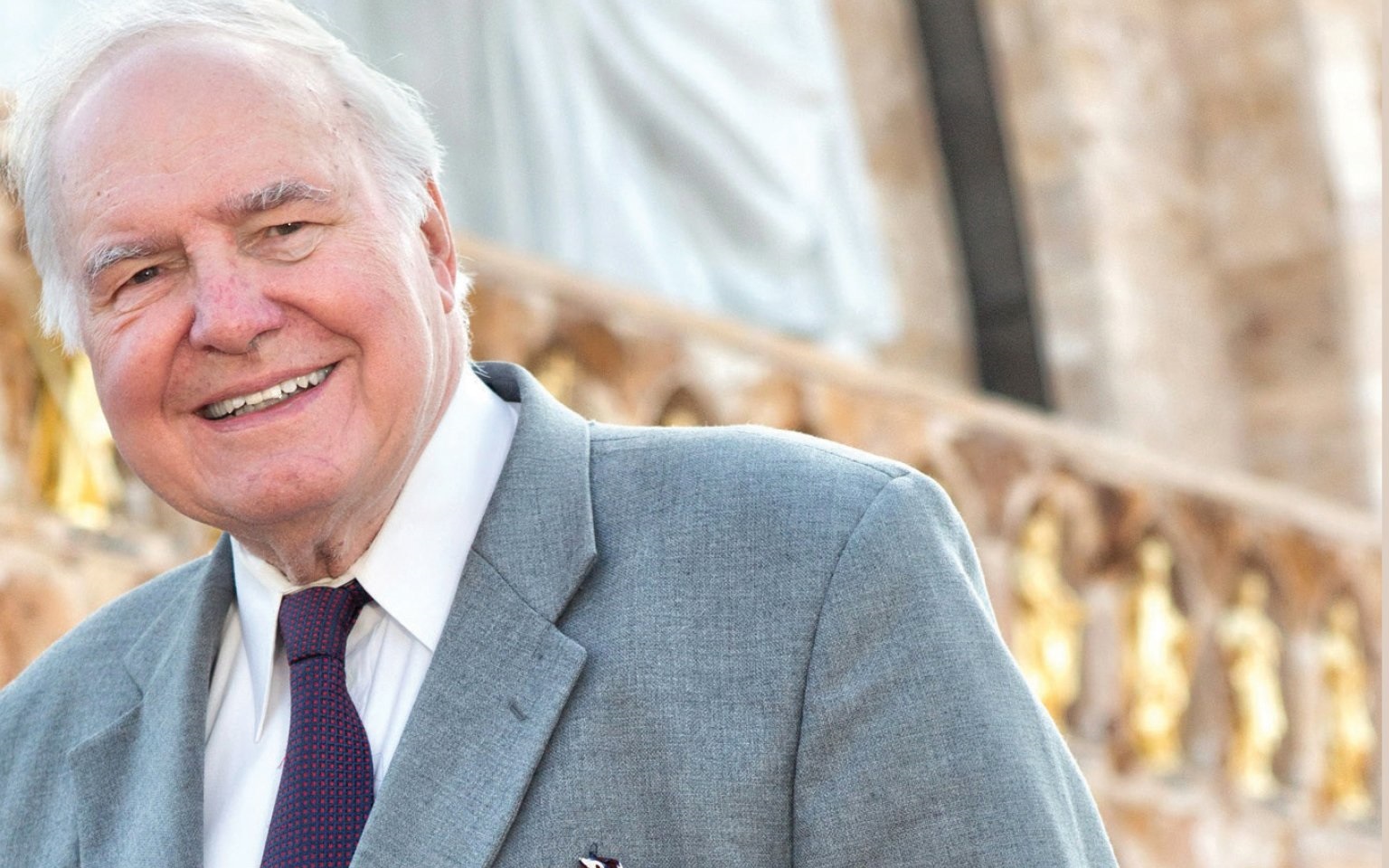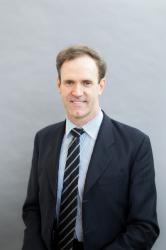February 2020 marks the third anniversary of the death of the American Catholic intellectual and the 1994 winner of the Templeton Prize in Religion, Michael Novak. Perhaps most famous for his 1982 book, “The Spirit of Democratic Capitalism,” Novak’s ideas were immensely influential for several decades in American public life, numerous faith communities and the world of political economy.
On February 19, I was interviewed about Novak’s life and work by someone who I consider to be among the best and most informed interviewers in America, Al Kresta of Ave Maria Radio. The three segment interview covers many topics and lasts for about 50 minutes. These range from the right way to engage in the combat of ideas, the universal importance of Novak’s work in political economy, his many years on the political and theological left, how and why his economic and religious thought began changing in the mid-1970s, Novak’s particular case for free markets, what he thought was special about the United States and the lessons that America offered the world in economics and poverty-alleviation as well as the relationship between liberty and religion.
During his life, Novak wrote more than 50 books—that’s right, more than 50 books—and countless articles on economics, culture, philosophy, politics and theology. But the book that Kresta and I focus upon is “The Spirit of Democratic Capitalism.” It’s difficult to underestimate the importance of that book in shifting large numbers of believing Protestants, Catholics and Jews towards more favorable views of free markets. No religious intellectual can match Novak’s influence in facilitating this transformation through the written word in America and throughout the world.
On one level, Novak drew upon the impressive evidence about the economic efficiency and effectiveness of the market economy and the relative weaknesses of the alternatives, ranging from outright socialism to neo-Keynesian arrangements. But as Kresta and I discuss, Novak’s case for the market economy was also grounded upon the vision of the person found in the Jewish and Christian Scriptures.
The interview begins at 4:11. I hope that it helps explain the enduring importance and influence of Michael Novak.

